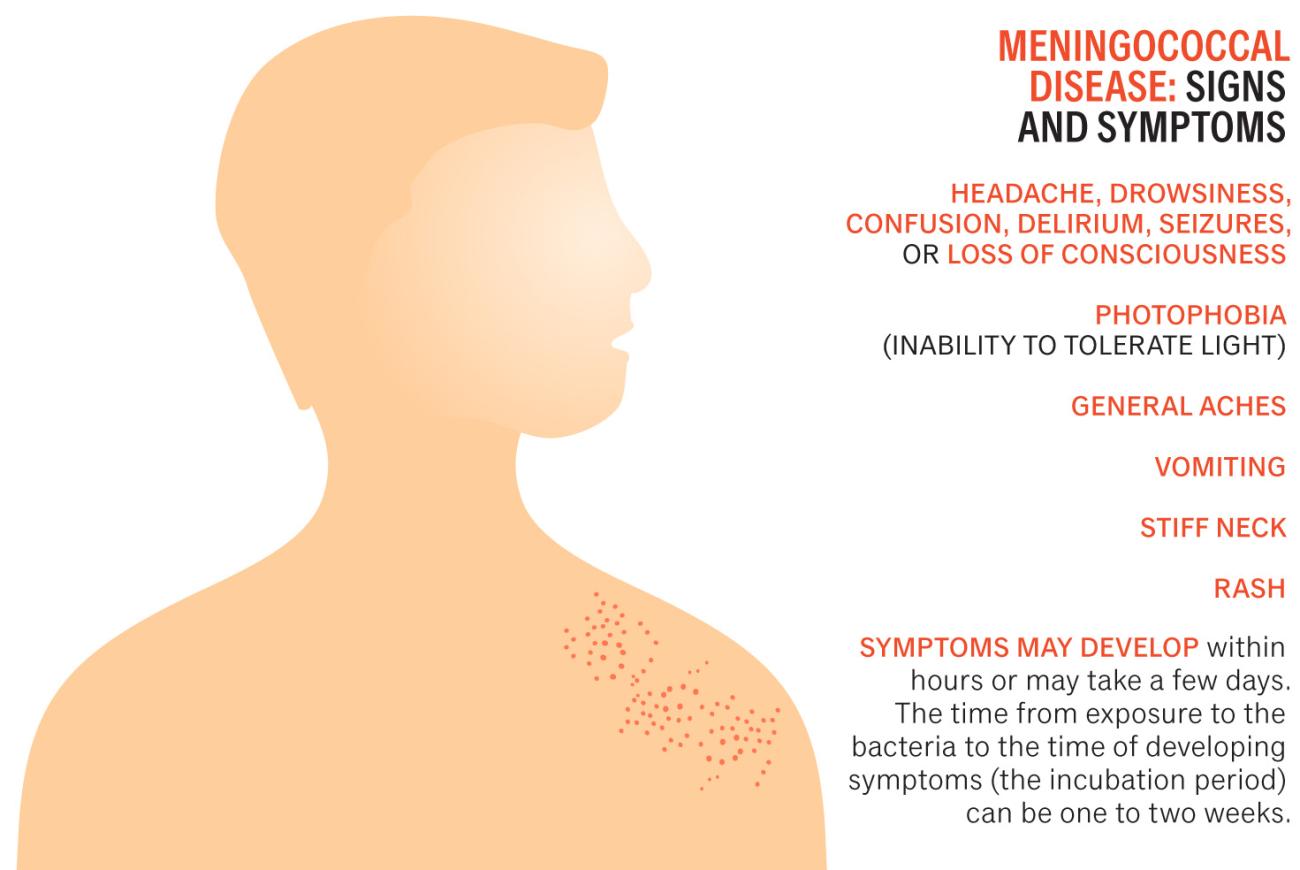Over the past several years, there have been meningitis outbreaks among gay men throughout the country. At TPAN’s recent Hero event in September (see “We Can Be Heroes,”), Thao Vo, PharmD, presented slides and videos on meningitis.
Hero event lead organizer Kevin Bernal said he wanted to be sure that men knew about the continuing risk of this bacterial disease that causes brain inflammation. A popular gay bartender in Chicago died of it years ago during the city’s first outbreak among MSM. (As this issue went to press, a second death due to meningitis was reported by the Chicago Department of Public Health.) “One day he was fine and two days later, he died,” said Bernal, who still works as a professional deejay evenings and weekends. He was devastated, and wants to be sure that no one else dies from this highly preventable infection.
One individual attending the Hero event said that his cousin died of meningitis last year. “One day she was fine, washing dishes, and the next day she was dead. She left three little girls behind.”
Hosea Thomas was lucky. One evening in March, while hanging out with a friend, he suddenly felt chills and couldn’t stop shaking. “I knew something was wrong,” he said.
He went to the emergency room, where a battery of tests was run. On the second day, he was told he needed to have a spinal tap. The test revealed that he had meningitis. He believes he picked it up at the shelter where he had stayed. Fortunately, he was treated before suffering severe consequences of the disease.
These consequences can include amputation, speech difficulties, and major neurological dysfunction (malfunctioning of the brain).
Dr. Vo showed three very short videos from the National, Meningitis Association in which people tell their story of surviving meningitis or losing a loved one to the infection.
Meningitis is very easily transmitted through casual contact, usually through saliva.
“Can I taste your drink?” That’s all it takes.
“Can I have a puff of your cigarette?” That’s all it takes.
Sharing a straw for cocaine? That’s all it takes.

Meningitis is usually caused by bacteria or viruses, but can be a result of injury, cancer, or even certain drugs.
Some people may have the bacteria without any symptoms. They may still be contagious to others. This carrier state may last for days or months before disappearing on its own.
Most cases of meningitis, in fact, occur from exposure to these carriers who are asymptomatic—they have no symptoms.
Some carriers have been vaccinated, but to be clear, the vaccine does not cause any type of carrier effect.
Vaccination, however, can also protect you. Talk to your doctor or pharmacist about getting vaccinated. There are two types of meningitis vaccines; the vaccine is based on your age and health conditions. Those with HIV or compromised immune systems require a booster shot within two months of the first shot; HIV-positive individuals should be re-vaccinated after five years. Go to immunize.org/askexperts/experts_men.asp for more information.

We’re urging all men who have sex with men to get vaccinated, it’s that simple. It’s preventable,” said Dr. Allison Arwady, Chief Medical Officer for the Chicago Department of Public Health, speaking to the media earlier this year.
In this year’s Southern California outbreak, there were 25 cases, of which two men died. As of December 2014, there were 22 confirmed cases in MSM in New York City, including seven deaths.
“If you know it’s easily spreadable, if you know it’s dangerous, if you know it’s preventable—are you empowered to do something about it?” asked Dr. Vo.
Meningitis tends to feel like the flu, but symptoms (see below) can vary from person to person.
Bernal was astounded that a support group member in the audience had never heard of the meningitis threat from his HIV doctor. “That’s why we’re here,” said Dr. Vo. “We all want to be heroes today, so spread the word.”

